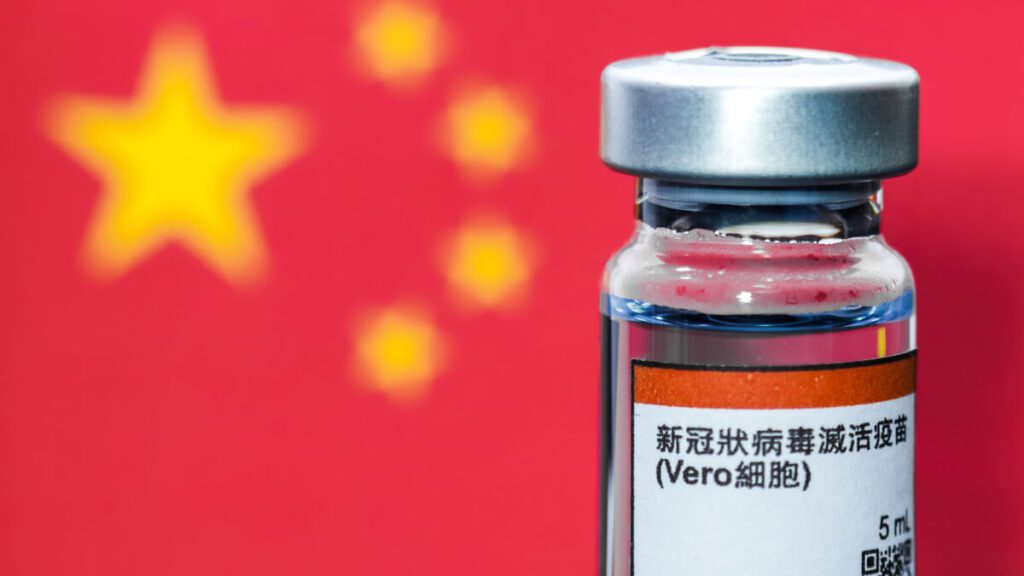
Recent controversy surrounding the Chinese vaccine, CoronaVac, manufactured by Sinovac have left many people fearful of the worst. Drug trials in Brazil have found that the vaccine only has a 50.4 percent efficacy rate, leading people to question the safety of the vaccine.
According to the world health organization, a vaccine only needs to be 50 percent effective, a benchmark which the Chinese vaccine just passes. Other trials in Turkey and Indonesia found rates ranging from 60 to 90 percent, while the institute itself announced the efficacy rate to be at 78 percent.
At least 17 countries have already pre-purchased the Chinese vaccine, and many have begun distributing it to their citizens already such as in the UAE.
Given the confusion and faltering confidence by the public, why are countries still buying it up and pre-purchasing CoronaVac?
According to drug trial results, the vaccine was found to induce a quick immune response within four weeks of injection with 2 doses taken 14 days apart. Some vaccines can take up to 30 days apart to have an effective response, and with every day wasted meaning more needless loss of life, speed is vital.
Another advantage of having another vaccine option is that some people have severe adverse reactions to vaccines like Pfizer and Moderna. It is a good idea to have an alternative handy.
There is also a great logistical advantage to using the Chinese vaccine to immunize the population. The Chinese vaccine can be stored at normal fridge temperatures for up to 3 years without expiring.
Other vaccines such as Pfizer and Moderna, which require specialized storage conditions and temperatures to remain usable. Entire vaccine batches can be squandered just by improper storage or a fluctuation in temperatures even for a short time.
In countries with unstable power supply for example, or vast countries with a large rural populace, many find that aspect to be especially appealing.
Given the logistical nightmare that is storing and distributing millions upon millions of vaccine doses all over a given country, this vaccine alternative is simply more feasible and much cheaper. Many countries simply cannot have such storage facilities built and maintained in remote areas, making this vaccine ideal for immunizing large rural populations.
As vaccine manufacturers have admitted, having a diversified portfolio of candidates may be better than relying on one vaccine, as different sources meet different demands.
To put it simply, the Chinese vaccine is not perfect, but it does the job, and is another useful tool in the diverse arsenal being used to halt the pandemic once and for all. It is safe, it is effective, and available.